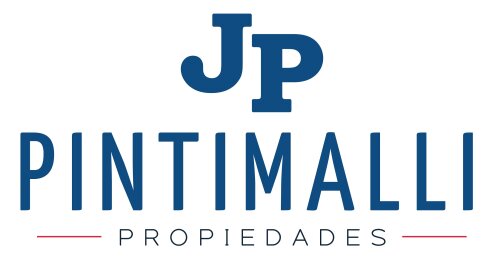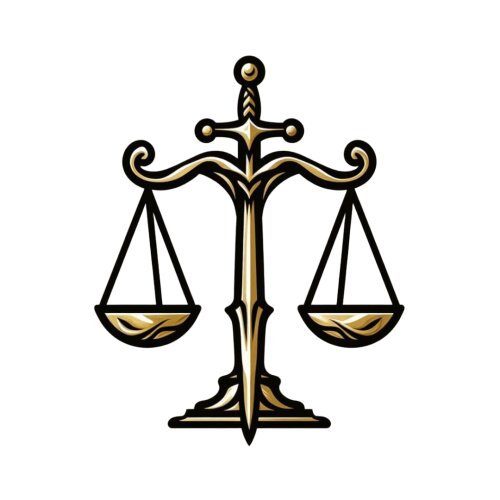Best Land Use & Zoning Lawyers in Argentina
Share your needs with us, get contacted by law firms.
Free. Takes 2 min.
Free Guide to Hiring a Real Estate Lawyer
Or refine your search by selecting a city:
List of the best lawyers in Argentina
About Land Use & Zoning Law in Argentina
Land use and zoning laws in Argentina are primarily aimed at organizing the development and utilization of land within various jurisdictions. These laws play a critical role in regional planning, balancing private and public interests to ensure the sustainable development of urban and rural areas. Zoning regulations categorize regions for different uses such as residential, commercial, industrial, or agricultural, and they stipulate what activities can be conducted in these zones. The legal framework governing land use and zoning is often complex, and it involves a mix of national laws and local ordinances that vary by province and municipality.
Why You May Need a Lawyer
There are several situations where you might require legal assistance in the field of land use and zoning in Argentina:
- Property Development: Navigating the legal needs for new developments, such as obtaining necessary permits and ensuring compliance with local zoning regulations.
- Land Disputes: Resolving conflicts with neighboring properties over boundaries or uses that might require legal interpretation of zoning regulations.
- Rezoning Applications: Seeking changes to a property's zoning status, which involves complex legal procedures and negotiations with local authorities.
- Compliance Issues: Addressing issues where existing developments may not conform to current zoning laws, potentially requiring legal remedies or amending regulations.
- Investments: Ensuring that land investments conform with legal regulations to prevent future legal challenges or devaluations.
Local Laws Overview
In Argentina, land use and zoning are primarily managed at the provincial and municipal levels, allowing for significant local variation. Key aspects include:
- Urban Planning: Governed by municipal regulations, urban planning dictates land use in cities, including construction parameters and infrastructure development.
- Rural Zoning: Regulations often promote agricultural uses, with laws in place to prevent urban sprawl and protect rural landscapes.
- Environmental Regulations: National and provincial laws to protect ecological areas may impact land use decisions, requiring environmental assessments and sustainable practices.
- Infrastructure Development: Plans for public infrastructure can override existing zoning, necessitating negotiations and compensation for affected landowners.
Frequently Asked Questions
What is zoning?
Zoning refers to the way local governments regulate land use within their jurisdiction. It controls the types of activities that can occur in certain areas, like residential, commercial, or industrial purposes.
How can I find out the zoning classification of my property?
The zoning classification of a property can typically be found through the local municipality or city planning office, where official zoning maps are kept.
Can zoning laws change? If so, how often?
Zoning laws can and do change in response to urban planning needs, economic shifts, or community input. The frequency varies depending on jurisdictional reviews or changes in government policies.
What happens if I build something without the proper permits?
Building without proper permits can result in fines, the requirement to halt construction, or even demolition of unauthorized structures. It's essential to comply with zoning regulations before starting any project.
How can zoning affect property values?
Zoning can impact property values significantly. For example, a rezoning change that allows higher-density residential development can increase a property's value, while downzoning to a more restrictive use can reduce it.
Who enforces zoning laws in Argentina?
Zoning laws are enforced by local governments, typically through municipal planning departments or local councils responsible for land use and development approvals.
How can I appeal a zoning decision?
Zoning decisions can usually be appealed by filing a notice with the local zoning board or similar authority, which may then conduct a hearing to review the decision.
What's the process of getting a zoning variance?
To obtain a variance, you need to apply to the local zoning authority, demonstrating that strict adherence to existing zoning laws imposes undue hardship, and that your proposal still aligns with overall community planning goals.
Is public input considered in zoning changes?
Yes, public hearings and consultations are often part of the procedure for zoning changes, ensuring community input is considered before final decisions are made.
What role do environmental laws play in land use and zoning?
Environmental laws can significantly impact land use by imposing restrictions to protect natural resources, demanding environmental impact assessments, and promoting sustainable development practices.
Additional Resources
Several resources and organizations can provide valuable assistance for land use and zoning matters in Argentina, including:
- Municipal Planning Departments: Local government offices responsible for zoning and planning.
- Ministry of Environment and Sustainable Development: Federal body overseeing environmental regulations that may affect land use.
- Professional Associations: Such as the Argentine Institute of Planning and Landscape Architecture, for expert consultations.
- Legal Libraries and Online Databases: Featuring comprehensive documents on national and local zoning laws.
Next Steps
If you're in need of legal assistance with land use or zoning issues in Argentina, consider the following steps:
- Consult a Lawyer: Engage with a legal professional specializing in land use and zoning to gain informed insights and support.
- Research Local Ordinances: Investigate relevant municipal zoning regulations affecting your property or project.
- Attend Local Council Meetings: Gain firsthand knowledge of ongoing urban planning initiatives and changes in zoning laws.
- Familiarize with Procedures: Understand the procedural requirements for permits, variances, and appeals related to land use.
- Seek Government Support: Engage with local authorities for guidance on compliance and any public resources available for planning and development.
Lawzana helps you find the best lawyers and law firms in Argentina through a curated and pre-screened list of qualified legal professionals. Our platform offers rankings and detailed profiles of attorneys and law firms, allowing you to compare based on practice areas, including Land Use & Zoning, experience, and client feedback.
Each profile includes a description of the firm's areas of practice, client reviews, team members and partners, year of establishment, spoken languages, office locations, contact information, social media presence, and any published articles or resources. Most firms on our platform speak English and are experienced in both local and international legal matters.
Get a quote from top-rated law firms in Argentina — quickly, securely, and without unnecessary hassle.
Disclaimer:
The information provided on this page is for general informational purposes only and does not constitute legal advice. While we strive to ensure the accuracy and relevance of the content, legal information may change over time, and interpretations of the law can vary. You should always consult with a qualified legal professional for advice specific to your situation.
We disclaim all liability for actions taken or not taken based on the content of this page. If you believe any information is incorrect or outdated, please contact us, and we will review and update it where appropriate.
Browse land use & zoning law firms by city in Argentina
Refine your search by selecting a city.
















